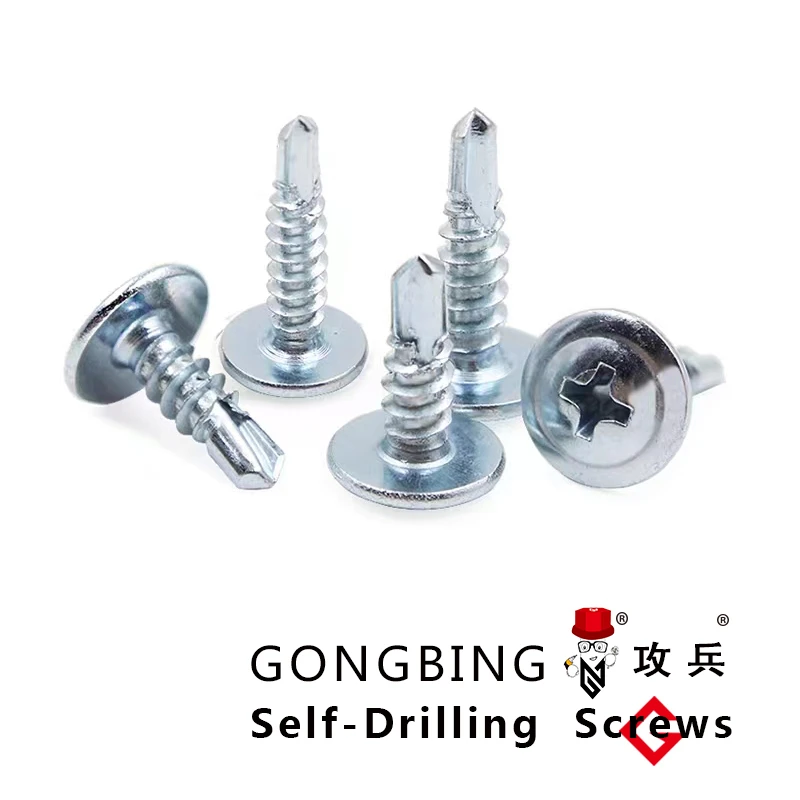resin fix anchor bolts
Understanding Resin Fix Anchor Bolts A Comprehensive Guide
Resin fix anchor bolts are critical components in construction and engineering that ensure the stability and safety of structures. They are often used in situations where traditional mechanical anchors might not provide the necessary strength or reliability. This article explores the features, benefits, and applications of resin fix anchor bolts, as well as guidelines for their installation.
What are Resin Fix Anchor Bolts?
Resin fix anchor bolts, also known as chemical anchors, are specialized anchors that rely on resin-based adhesives to bond the bolts to concrete or masonry surfaces. This technology allows them to achieve exceptional load capacities while providing resistance to environmental factors that can lead to rust or corrosion.
Typically, the resin used in conjunction with these anchors is a two-part epoxy or polyester system. When the two components are mixed, they create a chemical reaction that results in a strong, durable bond between the anchor and the substrate. This bond is often significantly stronger than that provided by mechanical anchoring systems.
Advantages of Resin Fix Anchor Bolts
1. High Load Capacity One of the most significant advantages of resin fix anchor bolts is their high load-bearing capacity. They can support heavy loads, making them suitable for various applications, such as securing equipment, structural elements, and safety barriers.
2. Corrosion Resistance The resin used in these anchors protects against moisture and corrosive elements, ensuring a longer lifespan, especially in harsh environments like coastal regions or areas with chemical exposure.
3. Versatility Resin fix anchor bolts can be used in a wide range of materials, including concrete, brick, and stone. This versatility makes them ideal for both new construction and renovation projects.
4. Minimal Damage to Substrates Unlike traditional expansion anchors, which can cause spalling or cracking in the substrate, resin fix anchor bolts require less invasive installation. This means they can be used in areas where integrity is crucial.
5. Flexible Installation The curing time for resin fix anchor bolts can range from a few minutes to several hours, allowing for some flexibility based on the project needs. Additionally, they can be installed in wet conditions without compromising strength.
Applications
Resin fix anchor bolts find applications across various industries, including
resin fix anchor bolts

- Construction They are used to secure beams, columns, and other structural components in both commercial and residential buildings.
- Infrastructure In civil engineering, resin anchors are employed for anchoring road signs, bridges, and utilities where safety is paramount.
- Manufacturing Heavy machinery and equipment are often anchored using resin fix bolts to prevent movement and ensure operational stability.
- Marine In marine environments, these anchors prevent the negative impact of saltwater and humidity, making them ideal for docks and piers.
Installation Guidelines
1. Surface Preparation Ensure that the substrate is clean, dry, and free of dust, grease, or contaminants that could interfere with the adhesion process. Use a wire brush or vacuum to remove debris.
2. Drilling The hole for the anchor should be drilled to the specified diameter and depth according to the manufacturer’s recommendations. Over-drilling should be avoided, as it can reduce load capacity.
3. Mixing and Injecting Resin Following the manufacturer's instructions, mix the two components of the resin thoroughly. Insert the mixing nozzle into the drilled hole, ensuring the resin fills the hole completely.
4. Inserting the Anchor Bolt Place the anchor bolt into the resin-filled hole, twisting it slightly to ensure proper dispersion of the resin around it.
5. Curing Time Allow the resin to cure according to the manufacturer's guidelines before applying any load to the anchor. This ensures that the bond has reached full strength.
Conclusion
Resin fix anchor bolts offer an innovative solution for achieving strong, reliable anchoring in various applications. Their advantages, such as high load capacity, corrosion resistance, and minimal substrate damage, make them an indispensable choice in modern construction and engineering. Proper installation and adherence to guidelines are crucial to maximizing their effectiveness and ensuring the longevity of the anchored structures.
By understanding the benefits and best practices surrounding resin fix anchor bolts, engineers and contractors can make informed decisions that enhance both safety and performance in their projects.
-
Weatherproof Plastic Expansion Anchors for OutdoorNewsJun.06,2025
-
Sustainability in the Supply Chain: Eco-Friendly TEK Screws ProductionNewsJun.06,2025
-
Load-Bearing Capacity of External Insulation FixingsNewsJun.06,2025
-
Double Head Bolts: Enhancing Efficiency in Industrial MachineryNewsJun.06,2025
-
Corrosion Resistance in Chipboard Screws: Coatings for Wholesale DurabilityNewsJun.06,2025
-
Butterfly Toggle Bolts : Enhancing Structural ResilienceNewsJun.06,2025
